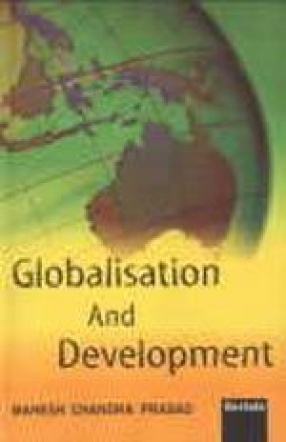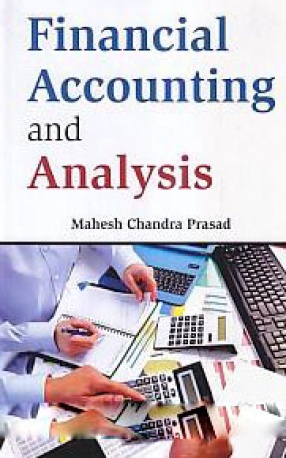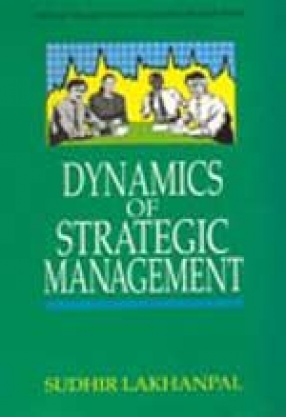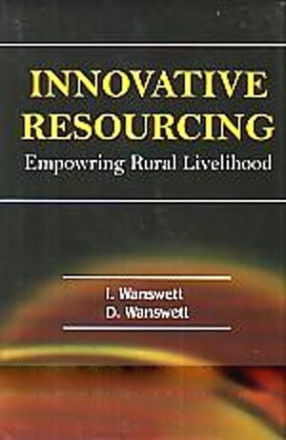Now at the beginning of the 21st century, 'Globalisation' a term first used in 1985 by Theodore Levitt, has become a household name in all corners of the world. Globalisation is an unavoidable reality in the modern world. Most of the countries have accepted it either willingly or unwillingly. Divergent views for and against globalisation have been expressed. One view is that globalisation has created opportunities for development in several countries, while the other view does not accept this contention of the supporters of globalisation. It connotes pervasiveness, inclusiveness and sweepingness with epidemic and pandemic implications in international trade and financial relations. It is a new avatar of the 18th century imperialist, colonization and exploitation and the 20 century neo-liberal economic fundamentalism. In its global scope and sophisticated operations, it is referred to as the new face of liberal capitalism. There are many questions which are raised at different platforms. The answer to some of these questions, to some extent, can be found in the book globalization and development. An attempt has been made to discuss globalization, in general, and its impact on people, society and state, in particular. The book will serve as reference book for policymakers, public analysts, scholars and students of economics and commerce.
Financial Accounting and Analysis
$75.60
$84.00







There are no reviews yet.